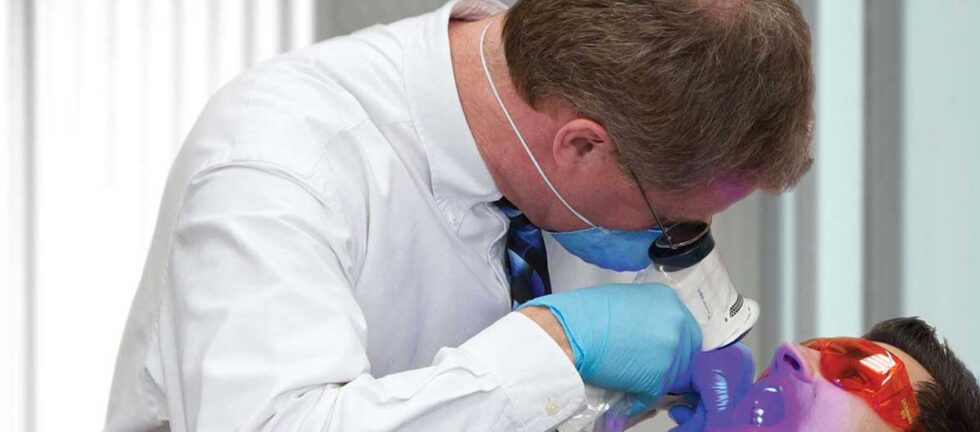A lot of dental practices shy away from dental-medical cross coding. The excuses that dentists give can vary widely, but they all come down to the same basic idea: dental-medical cross coding seems unnecessarily complicated. Dentists worry that it’s just not worth the time and effort that it takes to implement dental-medical cross coding effectively. However, there are both scientific and economic reasons why it is important to integrate into your practice, so it is essential to understand the basics.
Procedures that Require Dental-Medical Cross Coding
Dental-medical cross coding is called for when a dental procedure is deemed “medically necessary.” Such procedures can range from emergency treatments to routine oral surgeries, and it is common for dentists to treat patients with these types of conditions. Although the following list is far from comprehensive, here are a few that you might provide:
a) Oral cancer screenings and biopsies
b) Non-surgical sleep apnea treatment, such as medical appliances
c) Implants for the replacement of lost teeth due to trauma, cancer, or bone atrophy
d) Emergency treatment for oral inflammation
e) Oral reconstruction after trauma or to remedy genetic conditions
f) TMD procedures for myofascial pain
g) Certain types of periodontal procedures
It is important to note that any consultations, exams, and radiographs preceding these treatments also require dental-medical cross coding.
Why Your Practice Should Implement Dental-Medical Cross Coding
As discussed above, many dentists worry that implementing dental-medical cross coding just isn’t worth it. However, experts report that when dental practices implement dental-medical cross coding, they are able to increase reimbursement for their patients. In today’s competitive dental health industry, offering this service can mean the difference between winning a patient for life and losing them to another practice.
Perhaps even more importantly, there is a growing understanding within the scientific community about the inter-systemic connections between all areas of health. Research shows that it can be helpful to provide holistic care that accounts for a wide range of physical and mental health issues. Therefore, it just doesn’t make sense to create a concrete distinction between medically necessary dental treatments and the other aspects of the patient’s health, even in billing. By implementing dental-medical cross coding, dentists can support the blurring of the line between dentistry and medicine, which can be a beneficial approach for many patients.
If your dental health practice is looking to effectively implement dental-medical cross coding, AnnexMed can help you meet this challenge! Contact us today for more information about our dental billing services.


